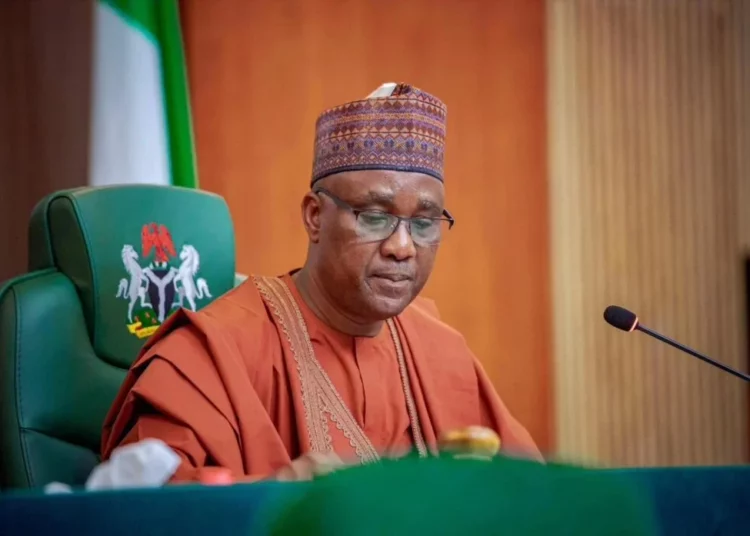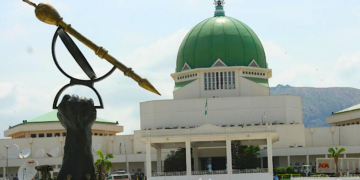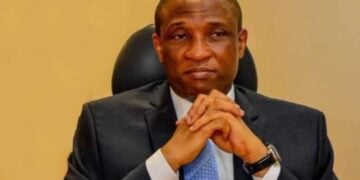Speaker of the House of Representatives, Hon. Abbas Tajudeen, has charged the Green Chamber to finalise electoral reforms well ahead of the 2027 general elections.
He said the Electoral Act Amendment Bill seeks not only to strengthen measures against violence, improve access for persons with disabilities, and establish clearer timelines for resolving disputes, but also to reduce the ambiguities that trailed the last elections.
Abbas said lawmakers’ goal is to make elections less contentious and litigious, lower their cost through single-day voting, and make the process of party primaries more democratic and inclusive.
The speaker who stated these in his speech at the resumption of plenary after the House’s annual recess, said related constitutional changes include provisions for an Electoral Offences Commission, adding that the goal is to produce a new Electoral Act that stands the test of time.
He said another major priority is the Reserved Seats Bill for women, noting that currently, women hold fewer than 5% of seats in the National Assembly, placing Nigeria among the countries with the lowest female parliamentary representation worldwide.
“The bill proposes creating additional seats, without reallocating existing ones. These seats will be contested exclusively by women. They are entirely new and will not affect the current 109 seats in the Senate or the 360 seats in the House.
“This arrangement preserves the mandate and aspirations of existing Members while expanding opportunities for women’s representation and helping Nigeria improve its poor global standing.
“I urge Members to support this historic step. We are all HeForShe in advancing gender inclusion, and how we vote on this bill will shape how history and our daughters remember us,” Abbas said.
He also noted that security reforms remain a top priority, hence the debate on multi-level policing must move from theory to decisive legislative action.
The speaker said creating state police through a constitutional amendment remains an option and at the same time, the House must strengthen community policing by revising the Police Act, 2020.
“While Section 19 establishes Community Policing Committees and Section 33(1) vests recruitment in the Inspector-General of Police, these provisions centralise too much authority and limit local responsiveness.
“We should consider devolving recruitment, training, and deployment of community police officers to states under federal oversight. This would give states a greater role in shaping their security architecture while preserving national standards and coordination,” he said.
Abbas said economic recovery and job creation must stay at the core of the House agenda, adding that small and medium-sized enterprises, the backbone of Nigeria’s economy, continue to face high costs, unreliable electricity, and limited access to credit.
“We must utilise legislative measures to speed up the implementation of the Startup Act, vocational training hubs, and technology parks. Equally important is progressive legislation to promote renewable energy, enhance grid reliability, and attract private investment to stabilise power supply and stimulate growth,”he said.
The speaker noted that while progress had been made, Nigerians still experience high living costs, underemployment, and insecurity in some areas.
He said these challenges present opportunities for lawmakers to implement targeted legislative actions and foster ongoing engagement to create a brighter future for all.
“In the coming months, our attention must turn to several urgent priorities. Chief among them is the constitutional amendment. Eighty-seven proposals concerning devolution of powers, local government autonomy, judicial reform, and socio-economic rights await debate and voting.
“The national public hearing held on Monday, 22 September 2025, organised by the House Committee on Constitutional Amendment, was well-attended and highly successful, reflecting broad public interest and support.
“We must now complete these votes and transmit the approved amendments to the State Assemblies before the end of December to enable early concurrence ahead of the election period,” he added.





